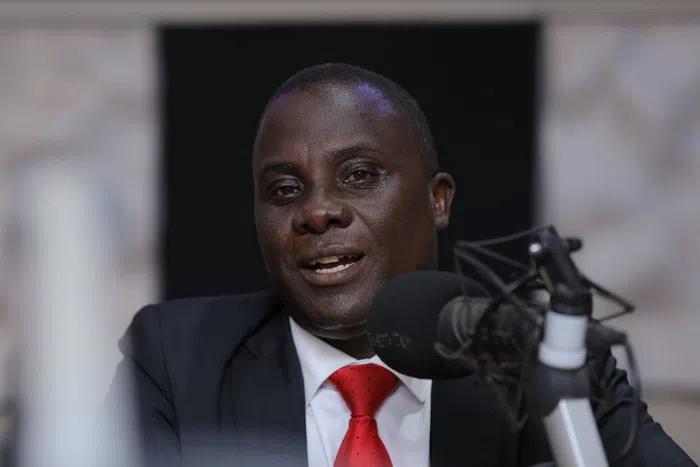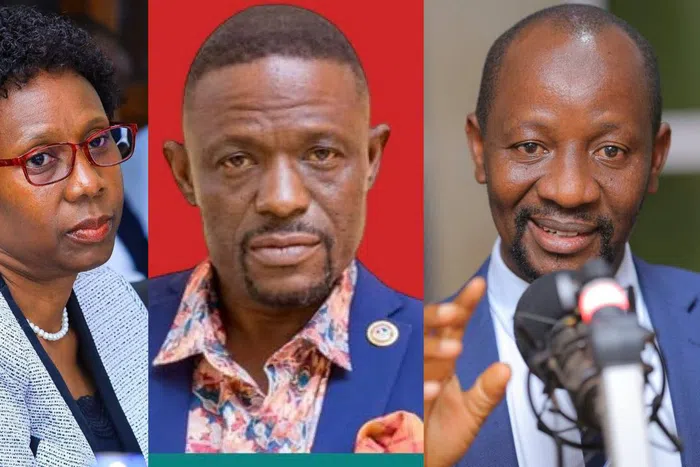
KATHMANDU/DHAKA – A wave of youth-led protests is gripping South Asia, with simultaneous movements in Nepal and Bangladesh challenging government policies and demanding an end to systemic inequality and corruption.

In Nepal, a movement that began as a demonstration against a sudden government ban on social media has rapidly evolved into a powerful national uprising. The protests are fueled by deep-seated public anger over corruption, the stark privilege of political leaders, and the economic hardships faced by ordinary citizens.

The energy of the movement is being driven by Gen Z, a demographic once underestimated as passive social media users. They are now at the forefront, organizing mass demonstrations with a message of defiance and a demand for accountability. The atmosphere remains tense and volatile, with at least 19 protesters reported killed in clashes. Despite the resignation of the Prime Minister, the protests continue, with citizens demanding tangible justice and systemic reform, not just political concessions.
Meanwhile, in Bangladesh, university students have entered a third week of intense protests against the existing quota system for government jobs. The system reserves 56% of posts, with 30% of those reserved specifically for the children and grandchildren of freedom fighters from the 1971 war of independence. A further 10% is reserved for women.

The movement has triggered widespread unrest, including a nationwide shutdown. Violent clashes between protesters and law enforcement agencies have been reported in the capital, Dhaka, and across the country. The human cost has been severe, with four new fatalities reported today, bringing the total death toll to at least 11, most of whom were students.
The parallel movements in both nations highlight a regional surge of youth mobilization. Young people are leveraging digital tools to organize and are taking to the streets to confront long-entrenched systems of privilege, demanding a more equitable and merit-based future. The situations in Kathmandu and Dhaka remain highly fluid, with citizens vowing to continue their fight for fundamental change.






